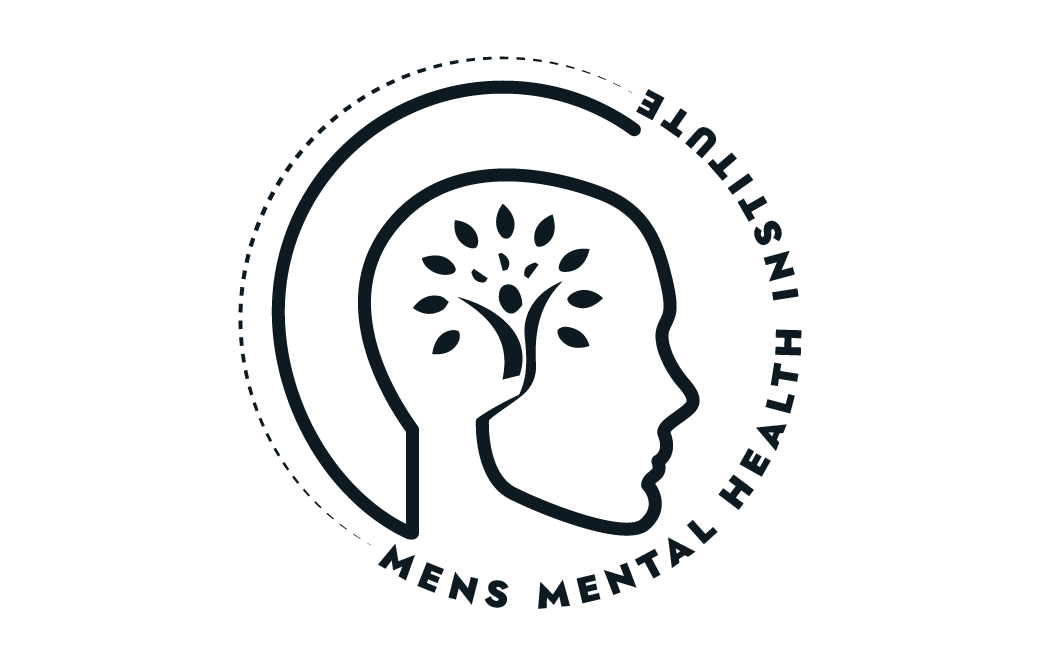When Dating Feels Like a Business Deal
If dating feels more like a negotiation or checklist than a genuine connection, you’re not alone. Many men describe modern dating as transactional, where value, appearances, and “what you bring to the table” dominate over authentic chemistry or emotional intimacy.
From a neuroscience perspective, our brains crave genuine social bonding, which activates reward centers linked to trust, safety, and pleasure. When dating is reduced to metrics or superficial exchanges, it triggers stress responses instead, making connections feel forced and unfulfilling.
Evolutionary psychology reminds us that humans evolved for pair bonding, not transactional exchanges. However, social changes, digital dating platforms, and shifting gender roles can amplify transactional dynamics, encouraging comparison, competition, and performance over vulnerability.
Social psychology highlights how cultural messages and dating “scripts” shape expectations, sometimes encouraging a “marketplace” mentality where people are evaluated like commodities.
Unfortunately, the mental health industry often overlooks these socio-cultural dynamics, focusing narrowly on individual pathology rather than systemic influences that impact relationship quality.
Therapeutic Approaches to Reclaiming Authentic Connection
Solution-Focused Therapy
Helps clients identify and build on moments when connection felt real, focusing on practical steps toward more meaningful interactions.
Emotion-Focused Therapy (EFT)
Supports exploring and expressing deeper emotions often masked in transactional dating.
Mindfulness and Somatic Therapy
Encourages presence and attunement to both self and partner, breaking cycles of performance and evaluation.
Social Skills and Communication Coaching
Builds confidence in vulnerability, authentic sharing, and boundary-setting.
What You Gain When Dating Feels Less Transactional
Mentally, you experience reduced anxiety and a stronger sense of self-worth.
In relationships, you cultivate deeper, more fulfilling emotional bonds.
Socially, you attract partners who value you beyond superficial criteria.
Professionally and financially, emotional authenticity supports well-being and decision-making.
Dating doesn’t have to be a transactional game. Therapy informed by brain science and social psychology can guide you back to what relationships were meant to be, safe, meaningful, and transformative.








